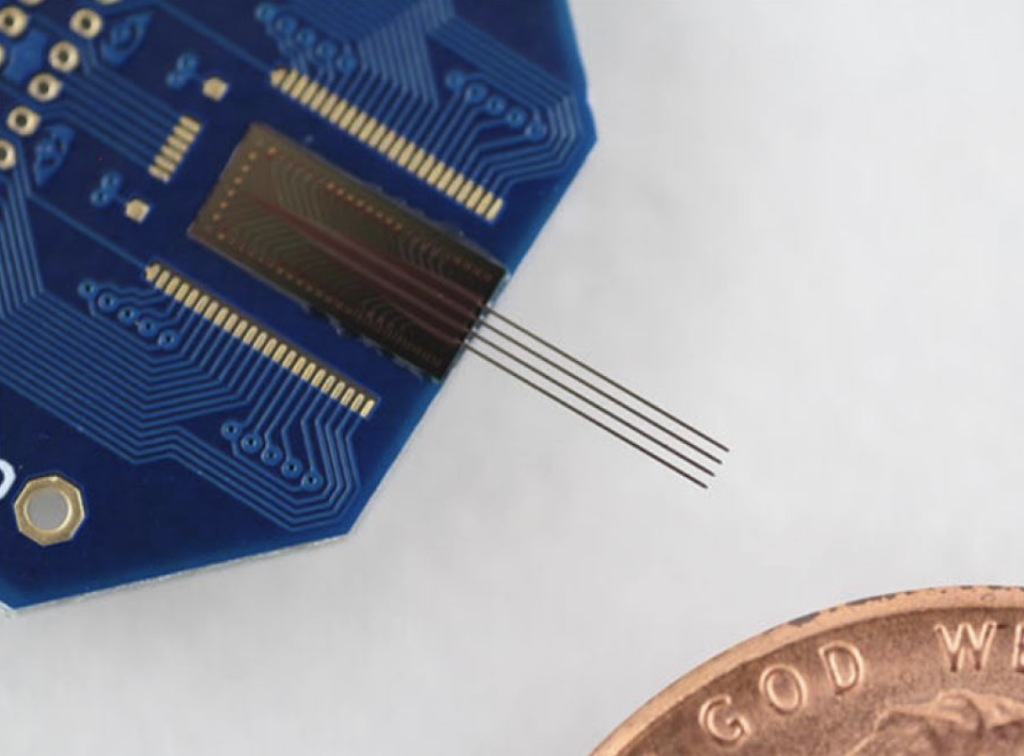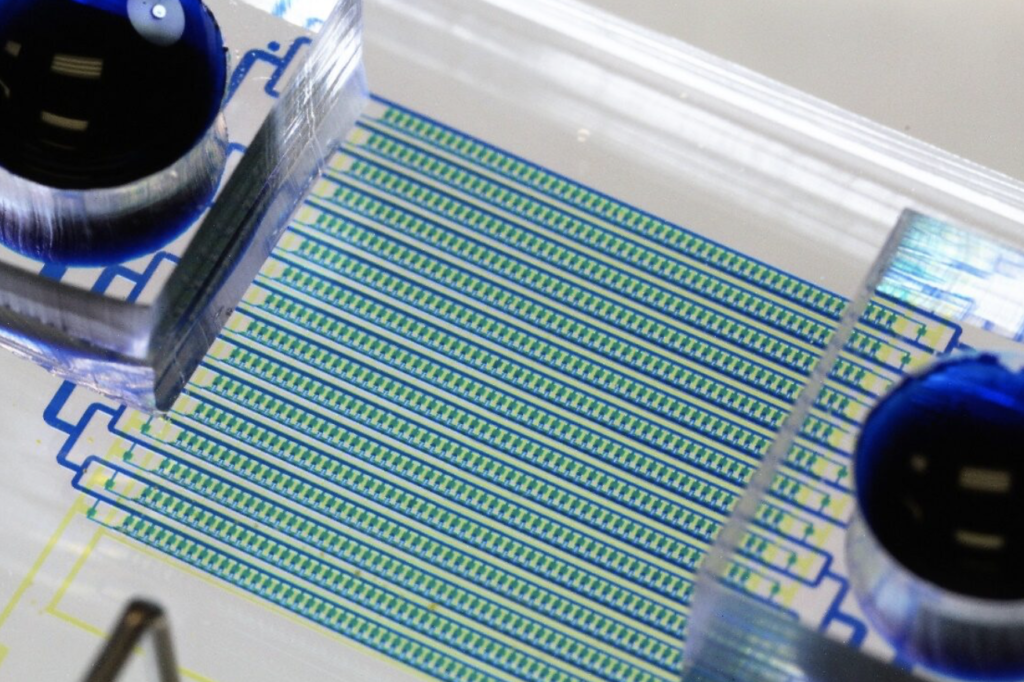Prof. Euisik Yoon named IEEE Fellow for groundbreaking research in Bio-MEMS

Prof. Euisik Yoon has been elevated to IEEE Fellow, class of 2022, “For contributions to bio-microelectromechanical systems (BioMEMS) technologies for opto-electrical neural interfaces and microfluidic biochips.”
Yoon has done pioneering research in microelectromechanical systems (MEMS) for over 30 years. His group focuses on creating self-contained microsystems that combine and process natural signals (such as bio, chemical, optical and thermal signals) as well as electrical signals on a single chip platform by integrating new MEMS/nano structures with low-power, wireless VLSI circuits and systems.

His neural interface technologies have helped advance the science of precision mapping and understanding of brain circuits. Among his recent inventions is a scalable method to integrate light sources and recording electrodes onto silicon neural probes for high-resolution optogenetic studies in a behaving animal. His group was the first to introduce a high-density micro-LED optoelectrode with multiple neuron-sized LEDs. He recently extended the micro-LED probe technology to incorporate >128 optical stimulation sites and 256 neural signal recording electrodes on a single probe to enable large-scale, high-resolution analysis of wide-ranging, densely-populated brain circuits.
Yoon’s paper, Dual color optogenetic control of neural populations using low-noise, multishank optoelectrodes, received an Outstanding Paper Award by Microsystems & Nanoengineering for its impact two years after publication.

Yoon’s group has also developed pioneering microfluidic biochips for single-cell cellular interrogation of cancer cells. His devices have enabled doctors and researchers to isolate specific cells responsible for tumor initiation, metastasis, and relapse. His technique known as Hydro-seq is being used for preclinical studies of breast and prostate cancer patients, and his technology has been licensed.
Yoon’s technology has been disseminated to more than 45 neuroscience labs across the globe. The technology has also been commercialized and made available to the science community through his startup company, Neurolight Technologies, which he co-founded with Kensall D. Wise.
At Michigan, Yoon has taught the senior/graduate level courses Introduction to MEMS and Integrated Microsystems Laboratory, and the graduate course Bio MEMS. He has more than 300 journal and conference publications, and has 31 U.S. patents. He has graduated 31 doctoral students.
An established leader in the professional community, Yoon served as General Chair of the Int. Symposium on Bio Micro & Nanosystems and Editor of the Journal of Semiconductor Technology and Science.
He currently serves as Director of the International Program for the Advancement of Neurotechnology (IPAN), where he manages research exchange programs with international partners, including University of Freiburg, University Hamburg, and Korea Institute of Science Technologies. He directs the NSF NeuroNex Hub: Multimodal Integrated Neural Technologies (MINT), and is on the Science Advisory Committee for Nano Medicine (CNM) at the Institute for Basic Science in Yonsei University. He has also served as Director of the Lurie Nanofabrication Facility, and Director of the Solid-State Electronic Laboratory.
Yoon received his PhD in Electrical Engineering from the University of Michigan in 1990. He was advised by Prof. Kensall D. Wise. After serving as a faculty member at the Korea Advanced Institute of Science and Technology (KAIST) and then at the University of Minnesota, he joined the Department in 2008; he is also a professor of Biomedical Engineering.
 MENU
MENU 
